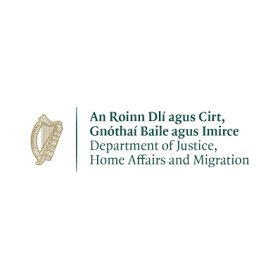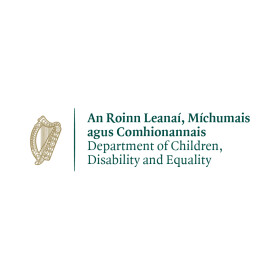McCann FitzGerald partners Mary Brassil, Donal Hamilton and Eleanor Cunningham explore key employment law developments. 2026 is set to be another significant year for Irish employment law, with important developments in pay transparency, retirement, and equality on the horizon. This briefing outline
Employment
The High Court has quashed an appeal concerning the revocation of an aircraft mechanic’s security clearance at Dublin Airport. Delivering judgment for the High Court, Mr Justice Michael Twomey opined: “It seems to this court that the failure to provide Mr Doyle with the reason for the de
A law firm has been told to pay €21,000 to a legal secretary who was fired while two-and-a-half months' pregnant. Michele Merrigan brought proceedings in the Workplace Relations Commission (WRC) against her former employer, Ashimedua Okonkwo, the principal solicitor of Cyril & Co Solicitors
A revised code of practice on access to part-time working has been signed into law. Prepared by the Workplace Relations Commission (WRC), the updated code provides practical guidance to help employers and employees agree part‑time arrangements that support flexible, inclusive and modern workplaces
Statutory miscarriage leave and pay is to be introduced in Northern Ireland from April this year. Economy minister Dr Caoimhe Archibald this week confirmed the roll-out on 6 April 2026 in her Department's response to a consultation carried out in 2022.
Lynda Nyhan, partner and head of the employment team at Taylor Wessing, makes predictions for employment law in 2026. 2025 has been a notable year for employment law in Ireland, with steady progress towards greater workplace flexibility and employee wellbeing.
Stronger protections for workers who may be exposed to asbestos at work have come into effect. The Safety, Health and Welfare at Work (Exposure to Asbestos) (Amendment) Regulations 2025 give legal effect to the most recent updates to the EU's Asbestos at Work Directive.
Laura Killelea and Abigail Ansell of Anne O'Connell Solicitors examine a recent ruling of the Workplace Relations Commission which upheld a mandatory retirement age at Eircom. In the case of Patrick Donnellan and Eircom Limited ADJ-00051860, the complainant brought a complaint under section 77 of th
Bank of Ireland has been fined £2,000 for breaches of Northern Ireland employment equality legislation. The fine was imposed by Northern Ireland's High Court following a prosecution by the Equality Commission for Northern Ireland.
Northern Ireland's economy minister has reiterated plans to introduce paid leave for victims of domestic abuse by May 2027. Dr Caoimhe Archibald said she intended to have legislation to implement the provisions in the Domestic Abuse (Safe Leave) Act (NI) 2022 in place before the end of the Asse
A public consultation has been launched as part of a review of the statutory right to request a remote working arrangement. The right to request a remote working arrangement under the Work Life Balance and Miscellaneous Provisions Act 2023 came into force for all employees on 6 March 2024.
Kane Tuohy employment lawyer Triona Cody examines the WRC's new AI guidance for litigants. Last month, the Workplace Relations Commission (WRC) issued guidance on the use of Artificial Intelligence (AI) tools to prepare material for submission to the WRC.
With just seven weeks until Ireland's auto-enrolment pension scheme goes live, social protection minister Dara Calleary has urged employers to complete their preparations. Mr Calleary made the comments to more than 350 attendees at a webinar hosted by business law firm Mason Hayes & Curran.
The High Court has refused to set aside grants of leave to apply for judicial review obtained by two stagehands in respect of Labour Court decisions concerning their alleged employment with a film production company. Delivering judgment for the High Court, Mr Justice Garrett Simons determined that t
The Court of Justice of the European Union (CJEU) has upheld most of the provisions of an EU directive on adequate minimum wages following a challenge from Denmark. Denmark had sought to annul the 2022 directive in its entirety, arguing — with support from Sweden — that legislation






















